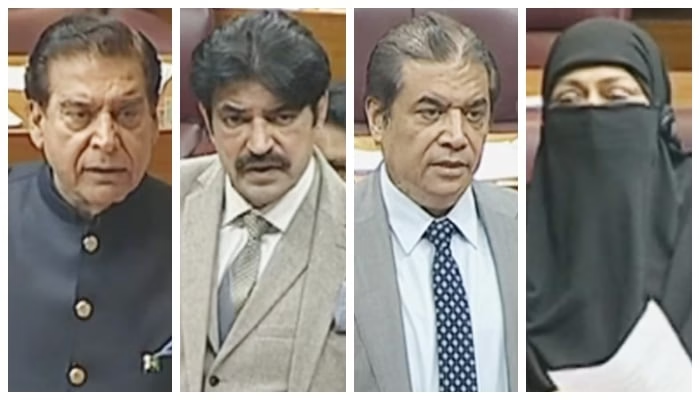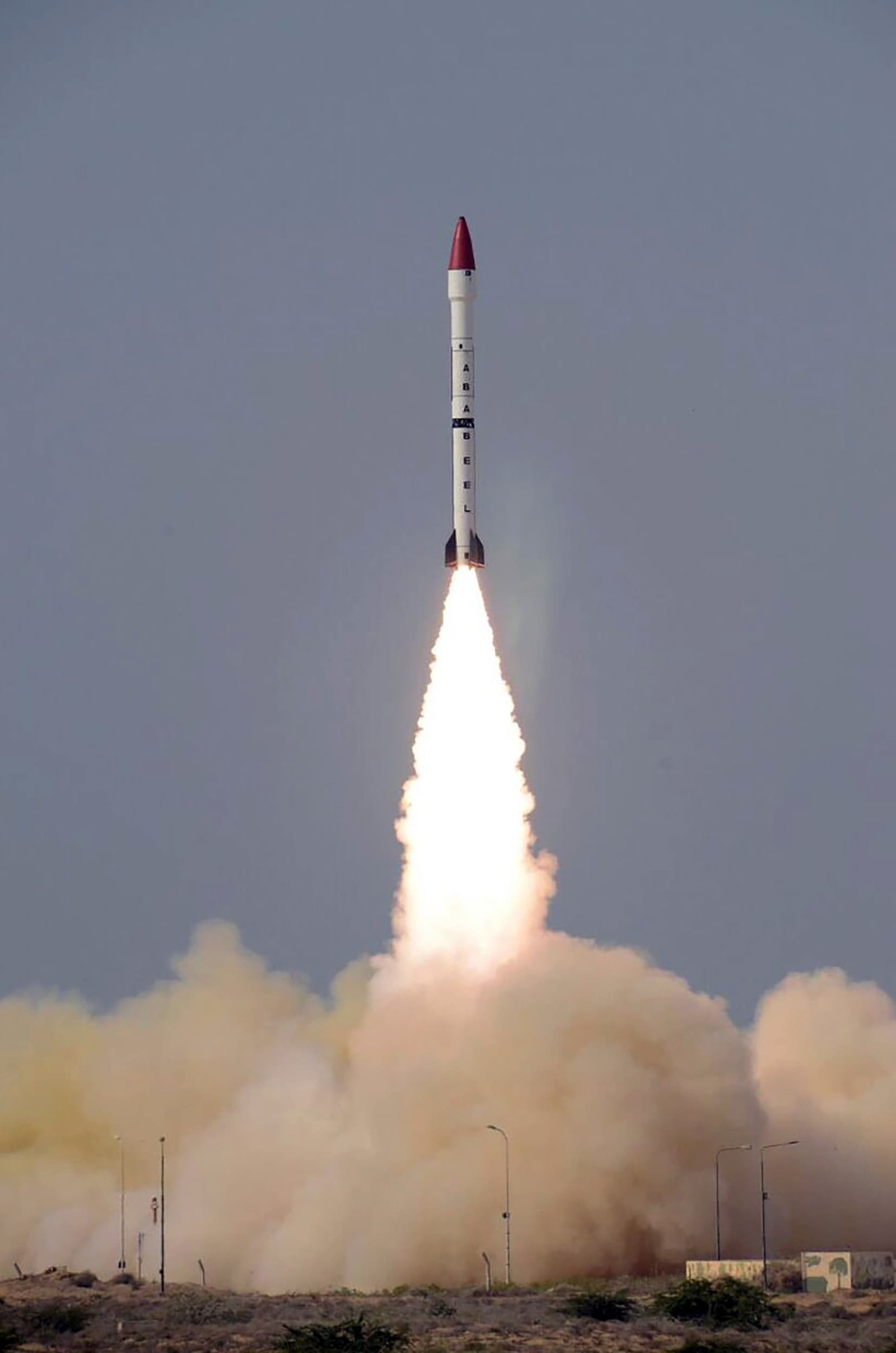The debate over the 27th Constitutional Amendment triggered intense chaos in the National Assembly on Monday, leading to loud arguments, disruptions, and the abrupt adjournment of the session until the following morning. As political parties clashed over the proposed changes, the discussion reflected deep divisions on how the amendment would reshape Pakistan’s judicial and military structures.
Heated Exchanges in the National Assembly
The uproar began when PPP leader and former prime minister Raja Pervaiz Ashraf responded sharply to criticism by PTI-aligned members. Recalling promises made during the previous government, he asked, Where are the two million jobs? Where are the five million homes?His remarks intensified the tension in the chamber.
Ashraf went on to argue that the 27th Constitutional Amendment was not designed for the benefit of any single individual. Instead, he maintained that future presidents would also gain more structured powers, strengthening national governance and enhancing the country’s defence system. He also reflected on hardships faced by President Asif Ali Zardari during his imprisonment, suggesting that political rhetoric should not overshadow institutional reforms.
Opposition Voices Raise Concerns
Prominent former PTI member and MNA Sher Afzal Marwat criticised the speed at which the amendment was being pushed. He said that a matter of such national importance required thorough debate rather than rushed approval. Marwat also mentioned that the legacy of Benazir Bhutto demanded greater unity, particularly when dealing with sensitive national matters, including unresolved issues surrounding her assassination.
Former National Assembly Speaker Asad Qaiser added to the concerns, arguing that constitutional changes must be approached with utmost care. He questioned the proposal that the prime minister could have a role in appointing the head of a constitutional court, asking how justice and neutrality would be ensured under such an arrangement.
JUI-F lawmaker Aliya Kamran also voiced worries about the process. She said that many members were not being consulted and that parliamentary rules were being sidestepped. According to her, nearly 48 articles of the Constitution were being amended out of a total of 208—an extensive overhaul that demanded serious deliberation. Her critique underscored fears that the 27th Constitutional Amendment could be rushed through without adequate consensus.
Government Defends the Amendment
On the government side, Federal Minister for Railways Hanif Abbasi strongly defended the proposed changes. He stated that Pakistan must maintain a strong national security framework and that the military would continue receiving full support. Abbasi added that the international community stood by Pakistan and that reforms under the 27th Constitutional Amendment aimed to reinforce national stability, not compromise it.
The government reiterated that the amendment seeks to modernise and streamline the judicial and military systems, ensuring clearer structures and more effective decision-making. Supporters argue that these reforms are necessary to align national institutions with contemporary challenges, and that criticism from the opposition is largely political rather than constitutional.
Senate Passes the Amendment Amid Walkout
While the National Assembly saw heated exchanges, the Senate session advanced more rapidly. The upper house successfully passed the 27th Constitutional Amendment Bill with 64 votes. However, the passage was far from smooth. Opposition parties staged a dramatic walkout, tore copies of the bill, and protested against what they described as an attempt to alter the constitutional balance of power.
Opposition senators argued that certain clauses would curtail the authority of the Supreme Court, shifting powers toward a proposed constitutional court and altering long-standing judicial practices. They claimed that the amendment could undermine judicial independence and centralise authority in ways that contradict democratic principles.
A Divisive Amendment With Far-Reaching Impact
The 27th Constitutional Amendment has quickly become one of the most polarising political issues in Pakistan. Supporters insist that it introduces long-needed structural reforms, strengthens state institutions, and clarifies constitutional ambiguities. Critics, however, argue that such profound changes should not be passed without comprehensive debate, broad political support, and transparent consultation.
As the National Assembly prepares to resume its session, tensions remain high. Political leaders from all major parties are expected to continue pressing their positions vigorously. Whether the amendment ultimately becomes a unifying step toward institutional reform or deepens political divides will depend heavily on the coming days of parliamentary debate.
What is clear, however, is that the conversation around the 27th Constitutional Amendment is far from over, and the decisions made now will shape Pakistan’s constitutional and institutional landscape for years to come.



